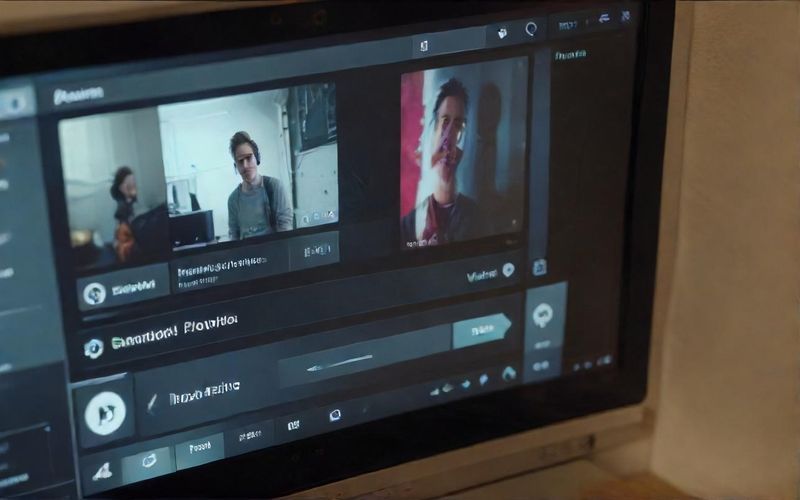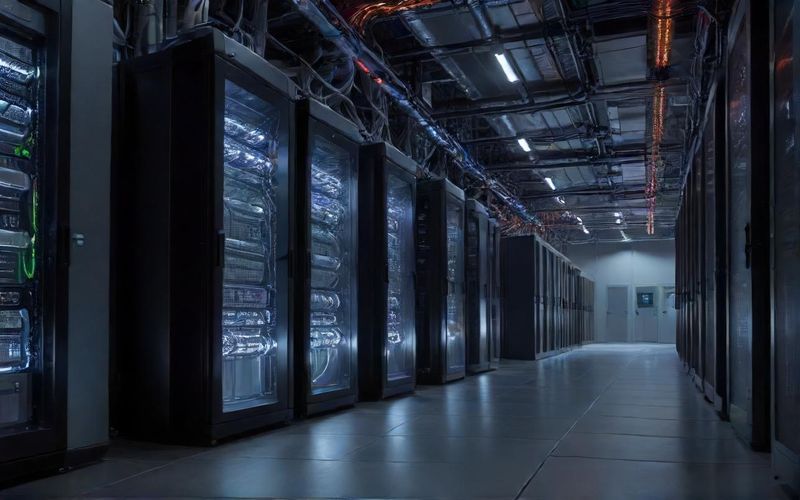Verizon Outages Spark Widespread Concern

It’s understandable how a service disruption like this can ripple through our lives. As reported by Mid-Atlantic Connect Team journalist Lori Comstock, these issues have popped up across the country, affecting major cities from New York to Los Angeles and even reaching into places like Philadelphia and parts of Texas. It’s not just about missing a few calls; for many, these services are essential for work, keeping up with family, or even ensuring safety. The idea that our connection to the outside world can vanish so suddenly is quite unnerving.
While a Verizon outage in Grand County, Colorado, was attributed to a cut fiber optic cable, the more recent nationwide disruptions, which saw a spike in issues for both mobile and internet services around 9 a.m. on a Friday, have been described as a software problem. It’s that uncertainty, the lack of a clear, immediate explanation for why our digital lifelines are severed, that seems to fuel a lot of the frustration. We rely so heavily on these networks, and when they falter, it’s a stark reminder of that dependence.
The fact that a significant portion of complaints are about mobile phone service, with a substantial number also concerning 5G home internet, tells us a lot about how deeply integrated these services have become. With people increasingly working from home, attending online classes, or simply staying in touch through digital means, a robust and reliable connection isn’t just a convenience anymore; it's a necessity. As users, it makes you wonder about the future of our digital infrastructure and what safeguards are truly in place to prevent such widespread disruptions. How much more transparency should we expect from our service providers when these critical systems go offline?









